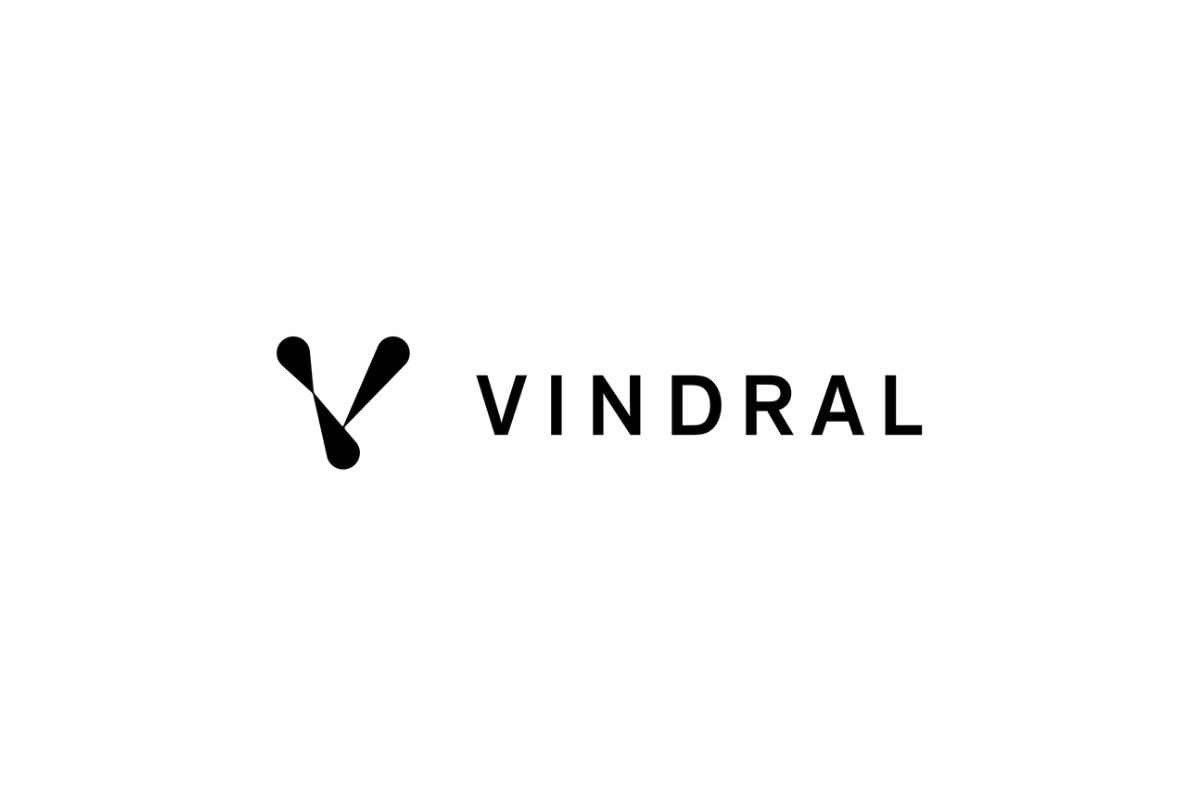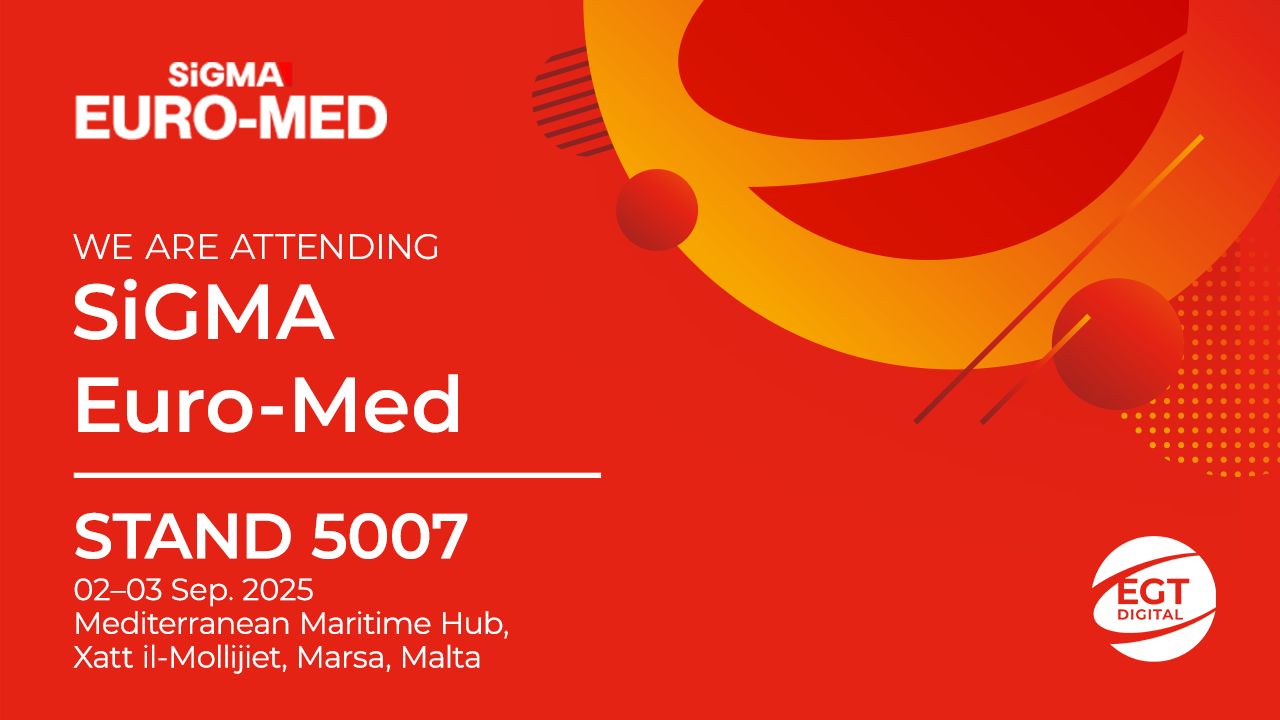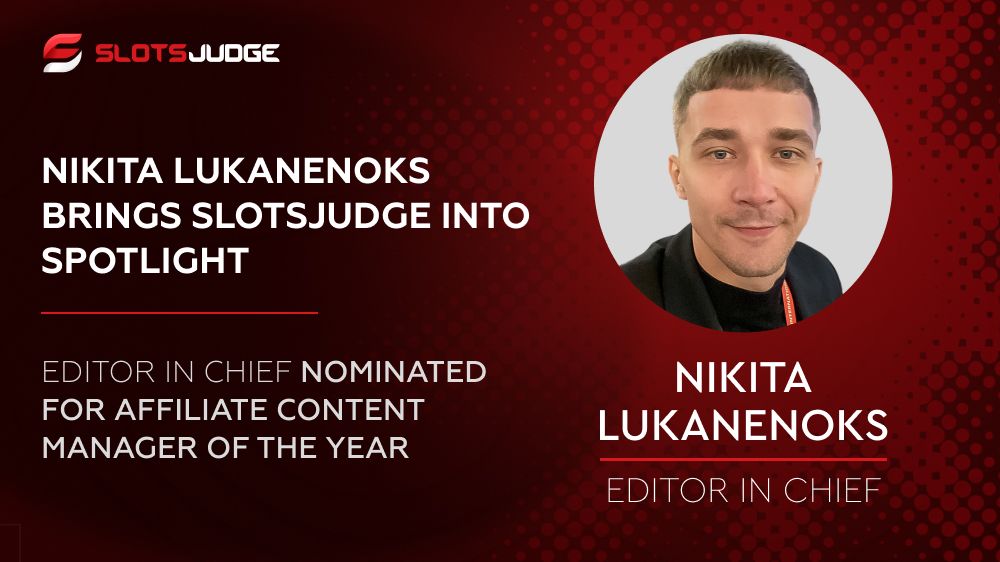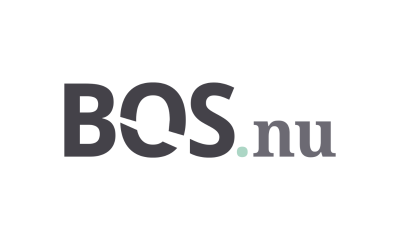European Union
Exclusive Interview with Tiago Almeida (LATAM Gaming Specialists and CEO of eGamingServices)

It was great to catch up and start doing these short interviews once again. I look forward to having you all as readers of these short interviews and as guests of our “Morning Show” on iGamingRadio.com.
Today’s special interviewee is Tiago Almeida (CEO of eGamingServices). Tiago started his career in the online gaming industry in 2006. With a professional experience in leading companies like Bwin and Dragonfish, he was involved in different senior operational and marketing roles focused on the Latin American Market.
In 2016 Tiago founded eGamingServices a company with offices in Brazil, Uruguay, Malta and Portugal, that provides marketing and operational services to Online Gaming Operators willing to monetize opportunities in Latin America.
We’ve seen that you have been involved in the leadership of large brands and this makes us curious to learn more about the first days of eGamingServices. What was the main reason you have started to build such a service?
Tiago: eGamingServices arose in 2016, from the need of many gaming operators to get into new potential markets whose operation they did not know about.
In that sense, we help gaming operators around the world to redefine their product and find their customer online or within the retail channel on some of the regions with the most potential in the industry: Latin America, Europe and Africa.
Through our service and network, we can adapt their operation to demanding and competitive new markets, with a team of experts driving the operation.
You have a long-standing experience with Latin America countries and we are certain you can give an opinion about the market. How do you feel about the recent developments in terms of compliance and market regulation in the region?
Tiago: As a company, who has clients in the sport betting and gambling business, we want to have a law that regulates our industry in Latam. We believe that if the industry is re-organized could reap benefits to all parts.
We believe in LATAM as a region essential for the affiliates and operators. Profitability in LATAM is easy to achieve – with proper insight and cultural understanding. Also, opportunities are there and competition is still low. Latin America is one of the fastest growing regions of e-commerce in the world, only behind Asia-Pacific. It is estimated that by 2019, e-commerce in Latin America will generate sales of around US $ 85,000 million.
Right now, we have many projects in Brazil, which is the strongest country in LATAM, whose sales represent nearly 60% of Egamingservices operations in Latin America.
Coming back to Europe, where you have offices in Malta and Portugal, what are the main services you provide for operators in European regulated markets?
Tiago: We offer Strategic Consultancy because we understand the burden of an online gaming operator. In order to expand our clients activities, brands need to approach new markets to expand their income and mitigate risks related with the new regulated markets, such as .IT, .ES, .PT or .FR. For that reason, our services include: business planning, turnkey operation management, UI and UX design, CRM, a licensing services. We drive the car on behalf of the operator to allow our clients to focus on what is more important to them. Manage their business only from a bottom line perspective. As a company, we take care of the operational and marketing aspects, with a competitive Managed Services solution.
We study the compliance updates around market regulation in Europe and we have come to the conclusion that each of the emerging markets are always bettering the already in force laws of other countries. But, somehow these regulations are not always successful do to the nature of the market and due to sometimes over regulation. What is your opinion about emerging markets in the European Union?
Tiago: Currently the online gaming business is constantly growing. However, there are markets whose relevance is not being highlighted. In eGamingServices, we create a bridge between emerging markets and affiliates willing to monetize their traffic It is important to invest in this market that is growing every year.
We have reviewed your website and seen that you attend most of the industry events, what are your next stops in Q1 and Q2?
Tiago: We are extremely excited with 2018, as it is our second year as a company. We are attending a new record number of events, such as ICE, LAC, Betting on Sports, Brazilian Gaming Congress, SAGSE, SIGMA and many others. We truly believe in the Digital world, but face to face meetings with our clients, partners and affiliates are true business accelerators moments and we want to Streamline them.
Contact Information
Stephanie Coccoluto Pestana – eGamingServices
Press Relations & Communication Manager
[email protected]/ [email protected]
https://www.egamingservices.com
+351 916 229 594
About eGamingServices
Founded in 2016 and based in the Portuguese city of Lisbon, eGamingServices also has offices in Chile, Brazil, Malta and Uruguay. The company helps gaming operators to redefine their product and find their customer online or within the retail channel of some of the regions with the most potential in the industry: Latin America, Europe and Africa. eGamingServices creates effective and efficient projects to help operators find new customers and generate more income.
For more information, please visit our site or follow us on Linkedin.
-

 Africa4 days ago
Africa4 days agoQTech Games wins Best Innovation of the Year at the 2025 SBWA+ Eventus Awards
-

 Latest News4 days ago
Latest News4 days agoVindral appoints Henrik Fagerlund as Chairman of the Board
-

 Asia4 days ago
Asia4 days agoNODWIN Gaming and JioStar Unveil OnePlus Android BGMS Season 4
-

 Latest News4 days ago
Latest News4 days agoCalema to Perform at Legends Charity Game in Lisbon
-

 Conferences in Europe4 days ago
Conferences in Europe4 days agoEGT Digital and EGT to rock the show at SiGMA Euro-Med 2025
-

 Latest News4 days ago
Latest News4 days agoPush Gaming redefines its portfolio, unveiling new game categories and sub-brand for extended player reach
-

 Affiliate Industry4 days ago
Affiliate Industry4 days agoNikita Lukanenoks Brings Slotsjudge Into Spotlight With Affiliate Leaders Awards 2025 Nomination
-

 Compliance Updates4 days ago
Compliance Updates4 days agoNew channelization assessment from the Gambling Authority confirms Sweden’s problem



















